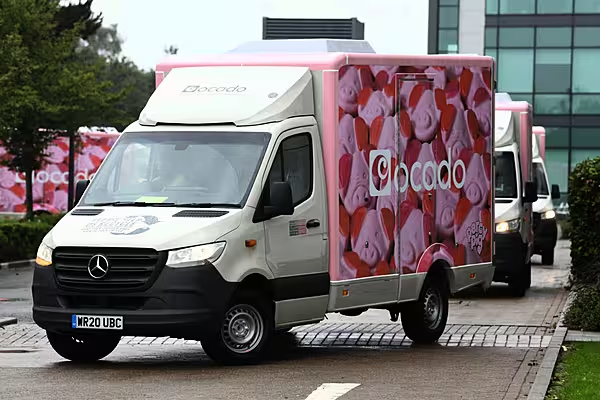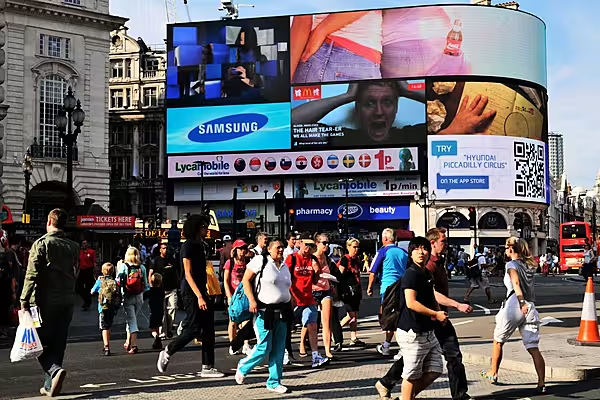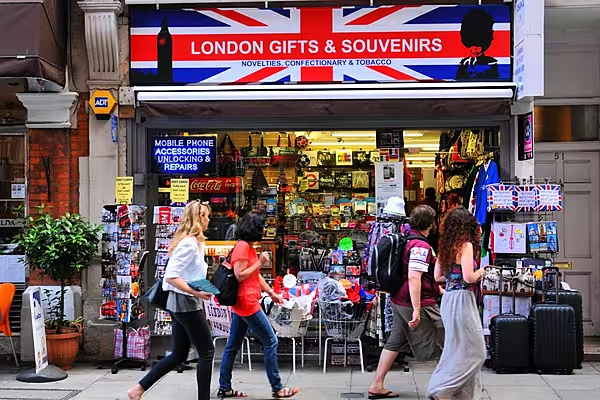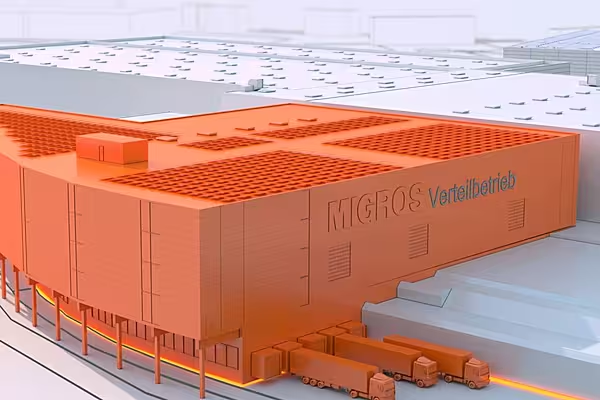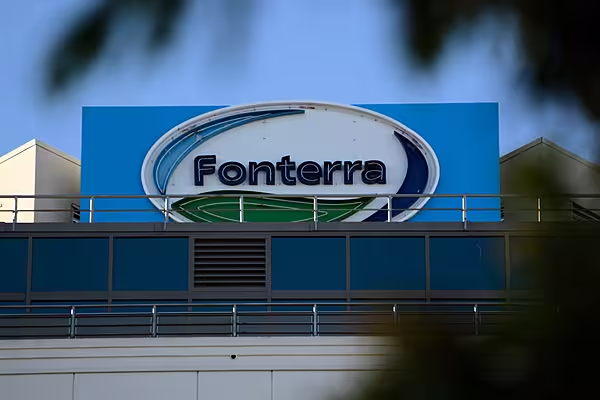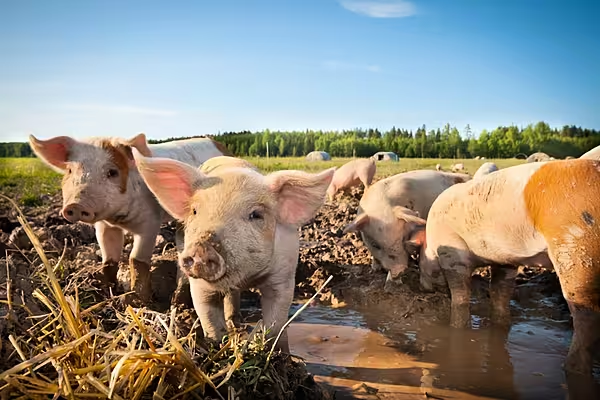British manufacturers expect to raise prices by the most since 1977 over the next three months, after facing the biggest increase in costs since 1980 and intense labour shortages, a quarterly survey showed on Tuesday.
The Confederation of British Industry survey showed a rise in orders and the strongest export demand growth since July 2018, but overall optimism fell as businesses battled intense inflationary pressures.
"Global supply chain challenges are continuing to impact UK firms, with our survey showing intense and escalating cost and price pressures," CBI chief economist Rain Newton Smith said.
Consumer Price Inflation
British consumer price inflation is rising sharply and hit its highest in almost 30 years in December at 5.4%, though there had been some signs in other surveys that the pace of cost growth for businesses was beginning to slow.
Tuesday's data from the CBI is likely to reinforce the Bank of England's concern that high inflation is getting baked into businesses' pricing plans.
The survey showed that the balance of manufacturers expecting domestic prices to rise over the next three months was its highest since April 1977. The export prices expectations balance was the highest since January 1980.
Read More: UK Retail Sales Growth Sees Sharp Fall As Omicron Hits: CBI
Average unit costs for manufacturers in the three months to January rose by the most since April 1980, and the percentage of firms reporting difficulties from a lack of skilled workers was the highest since October 1973.
Optimism about the current business situation and prospects for the year ahead both fell to their lowest since January 2021, when the economy was still in lockdown.
However, new orders picked up over the past three months and January's monthly gauge of new orders held unchanged at +24, just below November's record reading of +26. Economists polled by Reuters had forecast a drop to +22.
News by Reuters, edited by ESM. For more Supply Chain news, click here. Click subscribe to sign up to ESM: European Supermarket Magazine.

